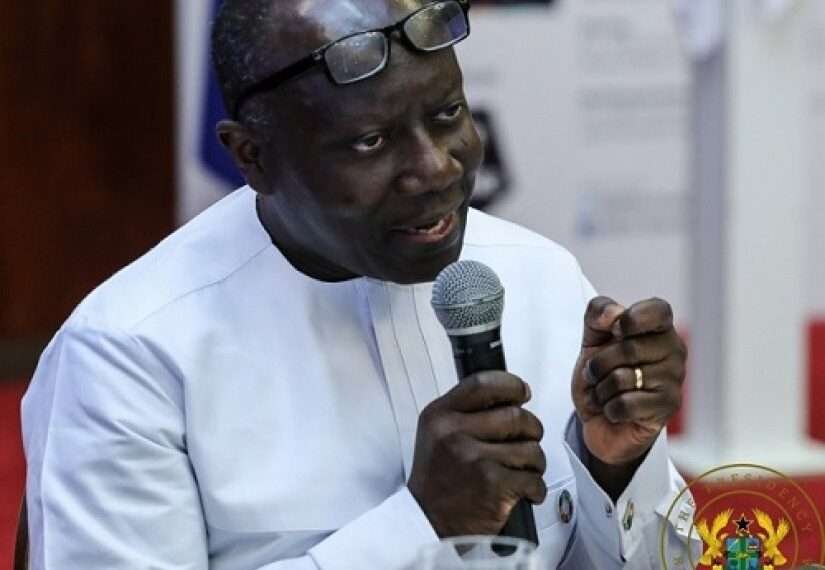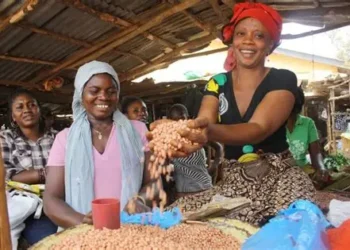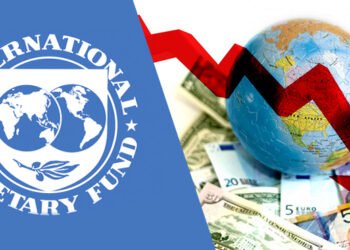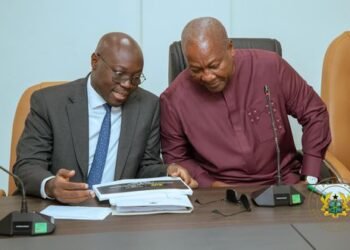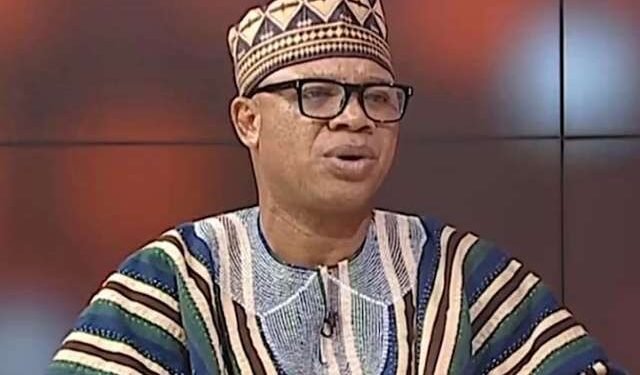The government of Ghana is very much on course with its expenditure rationalization efforts as provisional fiscal data show that both the overall fiscal deficit and the corresponding primary balance were line with the targets for the first seven months of the year.
According to data presented by the Minister of Finance, Ken Ofori-Atta, the overall fiscal deficit for January to July 2022 amounted to GH¢31.1 billion (5.3% of GDP), against a target of GH¢31.2 billion (5.3% of GDP).
The corresponding primary balance for the period was a deficit of GH¢7.6 billion (1.3% of GDP), against a deficit target of GH¢7.8 billion (1.3% of GDP).
Hon. Ken Ofori-Atta attributed the gains in fiscal consolidation to the expenditure measures introduced by the government earlier this year.
“Current year expenditure has also largely been contained owing to the operationalization of expenditure cuts announced since March. We are on course with expenditure rationalization efforts, and will continue to enforce strict adherence to these measures across all MDAs, while ensuring efficient delivery of public services.”
Ken Ofori-Atta
So far in 2022, government cut its budgeted discretionary expenditures by 30%. In addition, it announced a number of expenditure measures to keep public spending in line with the tightening economic conditions including restraints on purchase of new vehicles and a moratorium on non-statutory travel.
With the current provisional fiscal developments, government may likely meet its revised Budget deficit target of 6.6% of GDP and a primary balance of 0.4% of GDP for the whole year.
Revenue mobilization and exchange rate stability
Commenting on the revenue side, Hon. Ken Ofori-Atta noted that the Ghana Revenue Authority has intensified its efforts to shore up domestic revenue mobilization, particularly in relation to the enforcement of compliance measures.
“The increased visibility of GRA officials at shopping malls and various commercial establishments and at our borders across the country is in pursuit of meeting our revenue objectives. Such exercises form part of an ongoing drive to ensure we take significant steps forward in remedying long-standing challenges with domestic revenue mobilization, indiscipline, corruption and leakages.”
Ken Ofori-Atta
The Finance Minister assured that heightened tax compliance and increased tax-audit exercises will continue to be complemented by policy initiatives that “allow us to tap into a wider pool of taxpayers in the years ahead”. Moving towards this direction, Hon. Ofori-Atta noted that “we are looking at areas around the e-levy to ensure its effective implementation”.
Development in both domestic and external economies led to inflation spiral and depreciation of Ghana’s domestic currency that has impacted cost of living and businesses and the general economic circumstances of families. Specifically, inflation remains high at 33.9% (August 2022), and the cedi has depreciated by 37.1% against the US Dollar as at 27th September, 2022.
As part of measures to shore up reserves, improve exchange rate stability and address some of the funding needs, the Ministry of Finance successfully worked on a US$750 million Afreximbank loan facility which was received in August 2022.
“We thank Parliament for their support that saw this through. The traditional Cocoa Syndication Loan, expected in the last quarter of 2022 which will promote the cocoa sector, will further help us build our FX reserves and provide a strong buffer for the cedi in the last quarter of the year.”
Ken Ofori-Atta
Additionally, the Bank of Ghana has introduced enhanced measures such as a Special Foreign exchange auction for bulk distribution companies and a Gold Purchase Programme to contain the depreciation of the cedi, which Hon. Ofori-Atta believes “is now slowing down”.
READ ALSO: GRASAG Launches Graduate Research Trust Fund



